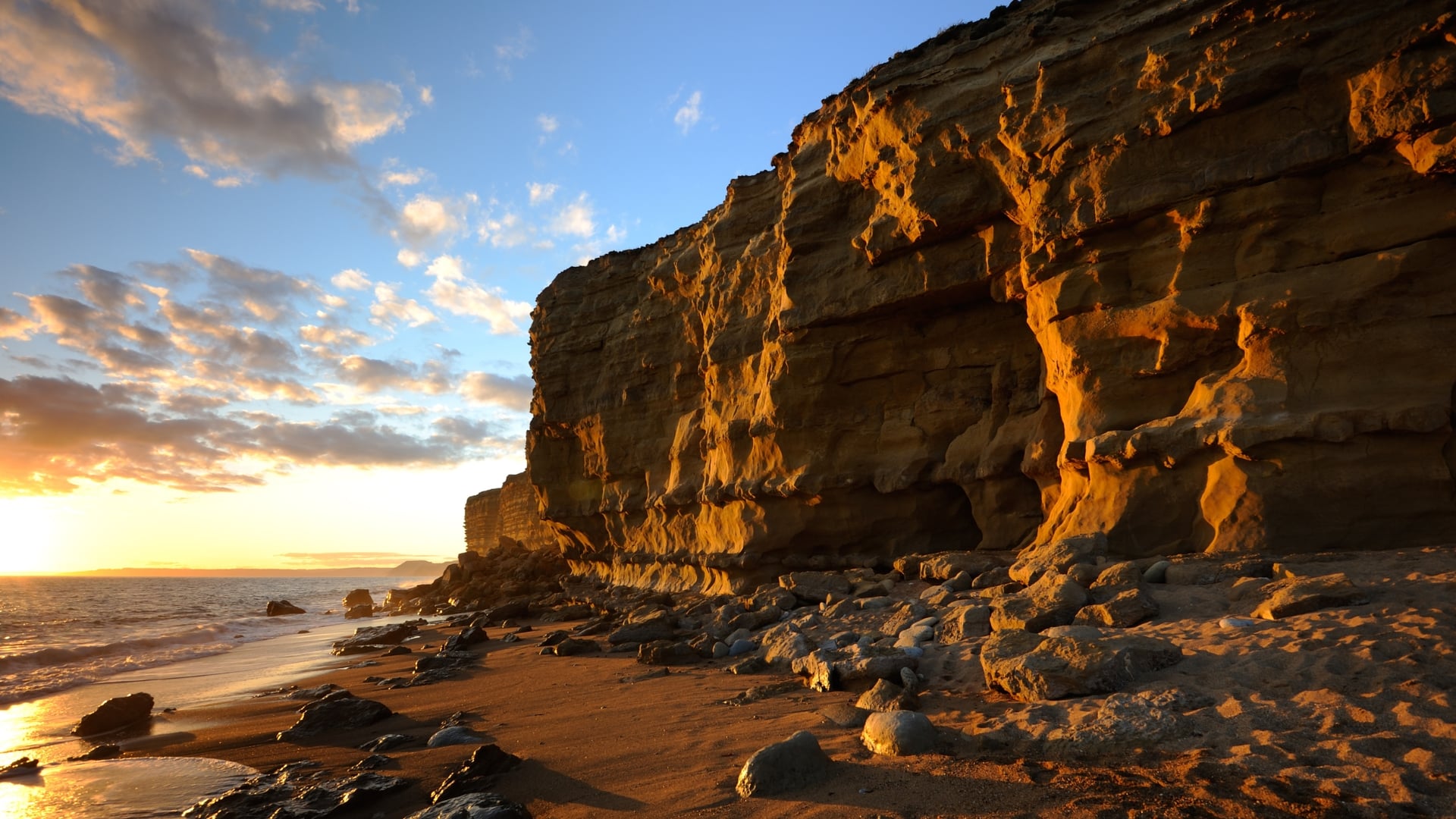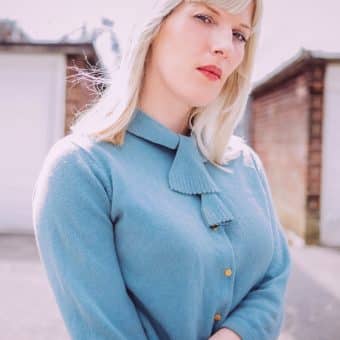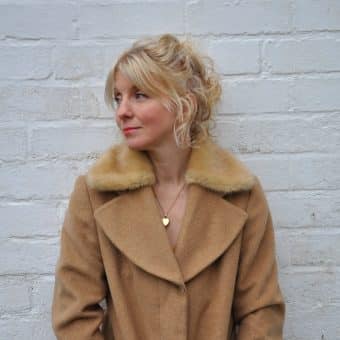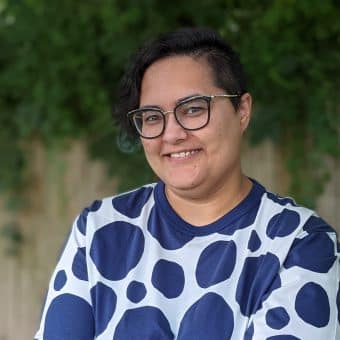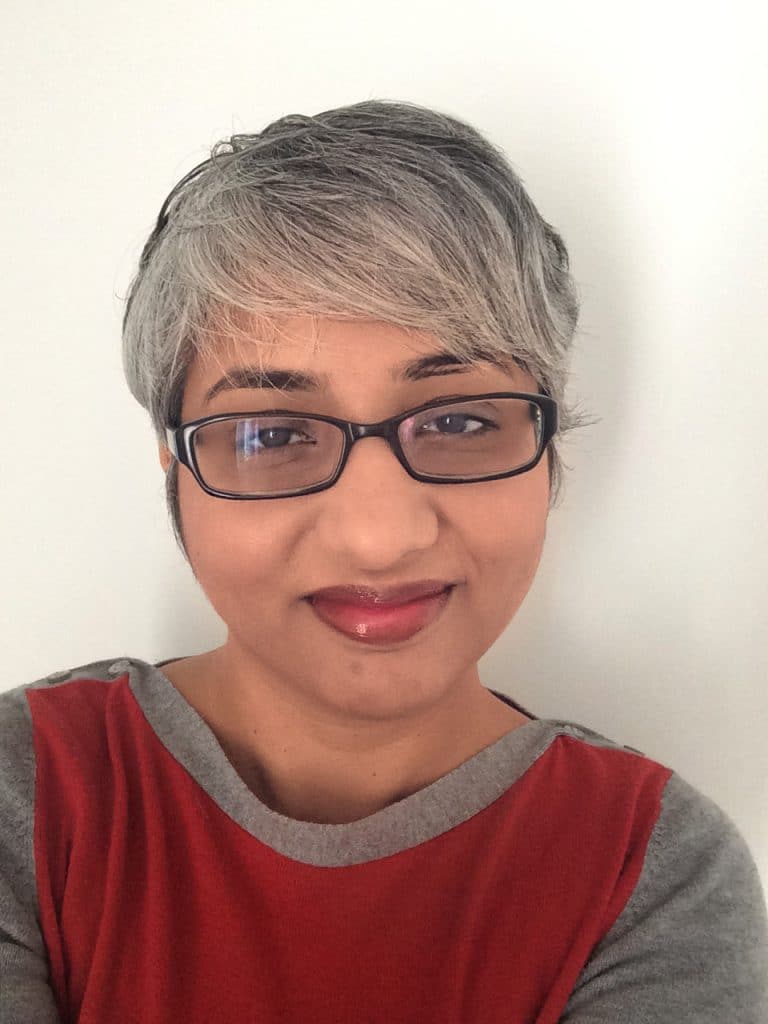
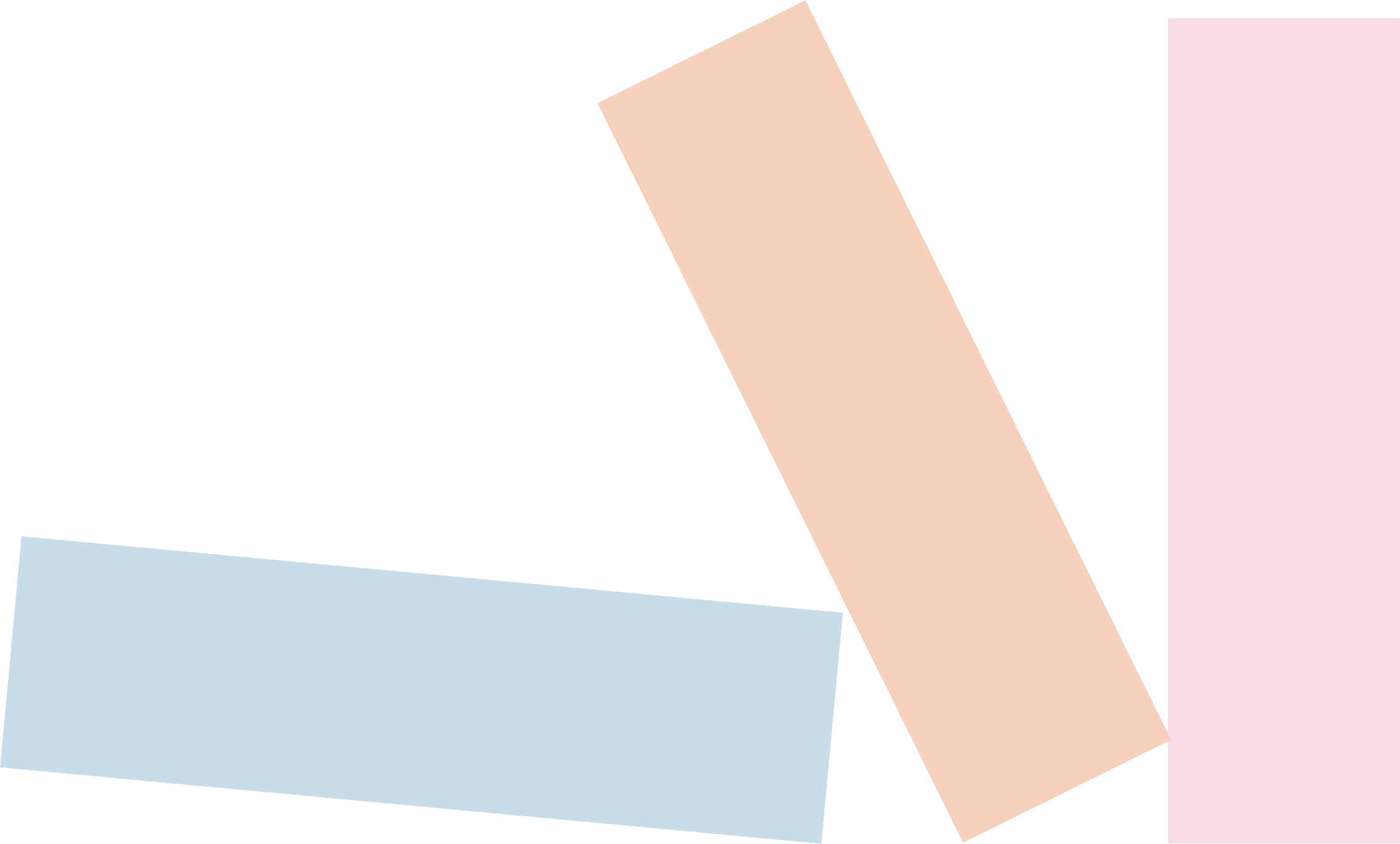
When did you start thinking about creative writing?
I have always wanted to write and part of the reason I became a journalist was that it allowed me to earn a livelihood while writing. After I moved to the UK towards the end of 2008, I joined an evening course in creative writing – and that was when I started to seriously think about writing fiction. I had never studied literature or creative writing before and lacked the formal grounding necessary to structure a fictional narrative, and it was through these evening courses that I slowly learnt to read critically and parse the text for technique (whereas earlier I used to read mostly for the language or the story). If you don’t come from a privileged background, it is difficult to think of writing fiction as a viable, sole career option. This hasn’t changed for me. Most writers hold day-jobs and make time for writing around the demands of work and family. I don’t believe this takes away from one’s writing; rather, participating in the world in this manner is often what makes one’s writing richer.
Did being a journalist give you a head start as a novelist, given you already had a relationship with words?
I don’t think so. To write fiction, I had to start from scratch and forget a lot of what I had learnt as a journalist (such as being objective, relying only on facts, presenting a balanced perspective in an article etc).
Who has influenced you in your writing?
Almost everything I have read has influenced my writing. It’s tough to pick one writer over the other.
Best writing moment? Worst moment?
The worst moments are when I can’t write at all – owing to a number of reasons (the state of my mind, the state of the world, not knowing enough about a character or a scene etc). The best moments are when I can overcome that and write even a sentence that is close to what I had imagined in my mind.
How did studying creative writing help you to evolve as a writer?
Apart from teaching me more about the technical aspects of creative writing, and about reading fiction closely, it offered me a community of fellow writers. I often rely on them often for feedback and advice.
Do all the accolades add pressure or spur you on?
To write, I find it necessary to shut out what people are saying about my work, whether it is positive or negative. I try not to think about all that. Otherwise, I would be paralysed with fear and never write another sentence.
What would you say to your teenage self?
To worry less about what others think, and to trust in myself more. I grew up in a conservative, patriarchal society where every wrong action on my part was met with a chorus of ‘but what will people think’, and I allowed those voices to determine some—thought fortunately not all!—of my choices.
Where do you write?
As a journalist, I learnt to write in noisy newsrooms, and I find that has stood me in good stead and I can write fiction too almost anywhere. Right now, I write at my desk at home. I prefer writing in libraries (but this isn’t an option during lockdown).
How did it feel to see your novel in print for the first time?
Mixed emotions – pride, happiness, fear, anxiety!
How did the Bridport Prize help your writing journey?
I had written three books before that didn’t go anywhere. I had no reason to believe the fourth, ie, Djinn Patrol on the Purple Line, would be any different when I submitted it to the Bridport prize. I wrestle with constant self-doubt, and the Bridport prize gave me the confidence boost I so desperately needed at that point in my life to complete the manuscript. I am hugely grateful to the prize and the organisers, readers and judges for their support and encouragement.
About Deepa
Deepa Anappara was born in Kerala, southern India, and worked as a journalist in India for eleven years. Her reports on the impact of poverty and religious violence on the education of children won the Developing Asia Journalism Awards, the Every Human has Rights Media Awards, and the Sanskriti-Prabha Dutt Fellowship in Journalism.
Deepa was our 2017 novel winner. Her debut novel Djinn Patrol on the Purple Line was longlisted for the Women’s Prize for Fiction 2020. It’s published by Chatto & Windus in the UK, and by Random House in the US. It is also being translated into 20 languages.



